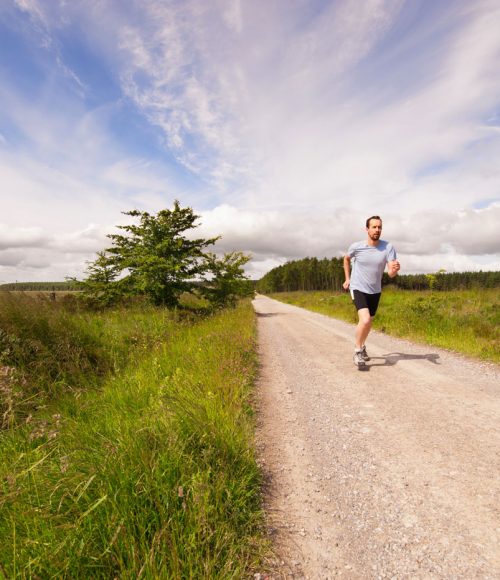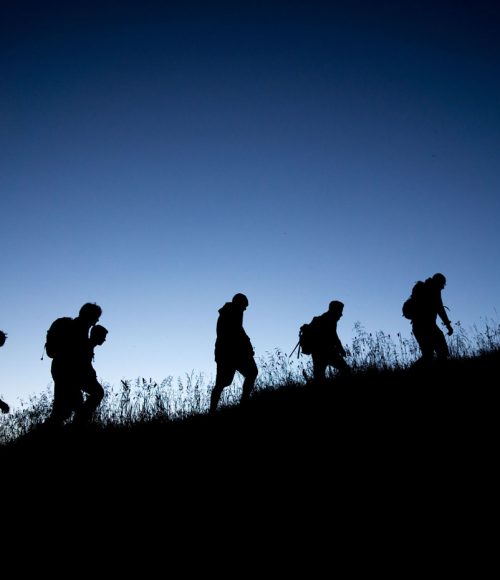
An Incubator of Ideas

Understanding People
Why do we do the things we do? And how can we do them better?
For more than 50 years, the Institute of Behavioral Science (IBS) has been bringing leading edge social and behavioral science to the University of Colorado, ultimately shaping policies and actions with a nationwide impact.
IBS champions interdisciplinary, collaborative work. This work — part of the University’s mission to support extraordinary research — illuminates complex social behaviors. Serving the campus, the state of Colorado and the country, IBS engages faculty from social and behavioral sciences in achieving fundamental discoveries toward social policy.
From hurricane recovery and mental health to political persuasion and census research, acclaimed IBS researchers direct a grant-supported budget of nearly $10 million toward crossing scientific boundaries and connecting CU to other thought leaders around the world. Myron Gutmann, named a Digital Preservation Pioneer by the Library of Congress, is an IBS research leader.


IBS is an Incubator of Ideas.
A Snapshot of IBS Research
Reducing the Harm from Disasters
The globally recognized Natural Hazards Center is driven by a single goal—to reduce the harm and suffering caused by hazards and disasters. Center researchers and staff, led by Director Lori Peek, focus on evidence-informed ways to improve preparedness, response, and recovery efforts. Much of this work focuses on communicating information and increasing the capacities of children, the elderly, low-income populations, communities of color, and other groups that are disproportionately affected when disaster strikes.


Preventing Youth Violence
What is the nature of behaviors that put young people’s health and development at risk, and what is the course of development and life consequences? Researchers, led by Karl Hill, in the Prevention Science Program study youth violence, its triggers and its aftereffects in shaping policies that promote safety and support positive development using proven programs at local, state, national and international levels.
Improving Public Health
Jason Boardman leads a team of researchers in studying the impacts of environment on health and fitness. How do biological and genetic processes interact with social and psychological factors? Sponsored by the National Institutes of Health and the National Science Foundation, among others, this work bridges genetic and social epidemiology to provide new insights into long standing local and national public health issues. The IBS team offers fresh, insightful solutions.


Protecting the Environment
An interdisciplinary IBS team researches the use, management and governance of natural resources in a context of landscape transformation and climate. This includes agricultural land, air, forests, parks, rangeland, and water in the U.S. and worldwide; causes and consequences of conflict on economic and social development. Sponsored by the National Institutes of Health and the National Science Foundation, this study of environment, social change, economic development and conflict belongs to researchers John O’Loughlin, J. Terrence McCabe, Krister Andersson, Tania Barham and Myron Gutmann. It provides national and international resource security for sustainability, along with comprehensive responses to potential environmentally-driven conflicts over resource availability and resource use.



